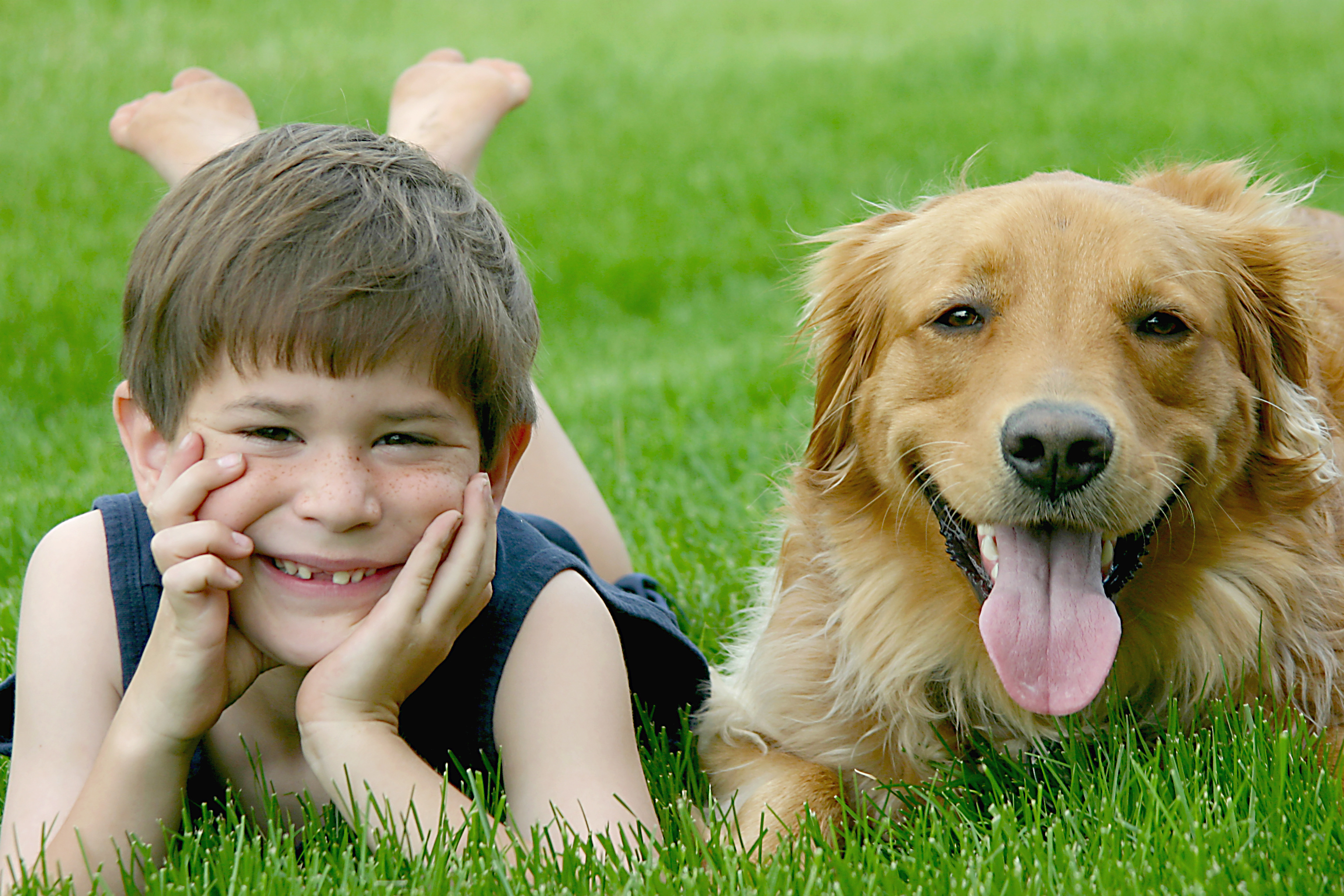
When you bite into a gooey chocolate chip cookie, your teeth are the first step to break down all the chocolatey goodness. That’s because your teeth play a big role in the chewing and digestion processes. It’s the same process when your pup scarfs down his food or a giraffe at the zoo snacks on leaves. Animals also have teeth that help them tear, grind and digest food. Here’s everything you need to know about the animal kingdom’s pearly whites.
There are different types of teeth. Every mammal’s mouth has four types of teeth: incisors, canines, bicuspids (premolars) and molars. Incisors are used to bite into food, whereas canines rip and tear it. Bicuspids and molars grind and chew food.
Your skull reveals a lot about your teeth. Animal skulls have developed for more than 500 million years, and they indicate a lot about an animal’s dietary and social patterns, including food gathering and processing.

Diet matters. Your teeth look different from many animals because humans are omnivores. This means we eat meat and plants. Animals like lions and wolves are carnivores and only eat meat. Giraffes, sheep and cattle are all herbivores that have a plant-based diet. The type of diet an animal has determines the kind of teeth they need: Carnivores, for example, have long, sharp teeth for tearing apart meat. Herbivores need wider, flatter teeth to grind plant material into a digestible substance. Omnivores have a mixture of teeth to accommodate their varied diets.
Remember, daily brushing and regular dental checkups and cleanings are great ways to keep your grin looking its best. For the latest and best information about your specific needs, talk to a dental professional. At TenderCare Dental, we’re happy to help your family maintain a happy and healthy smile for years to come! Schedule an appointment today to experience the best in dental care!

Leave a Reply